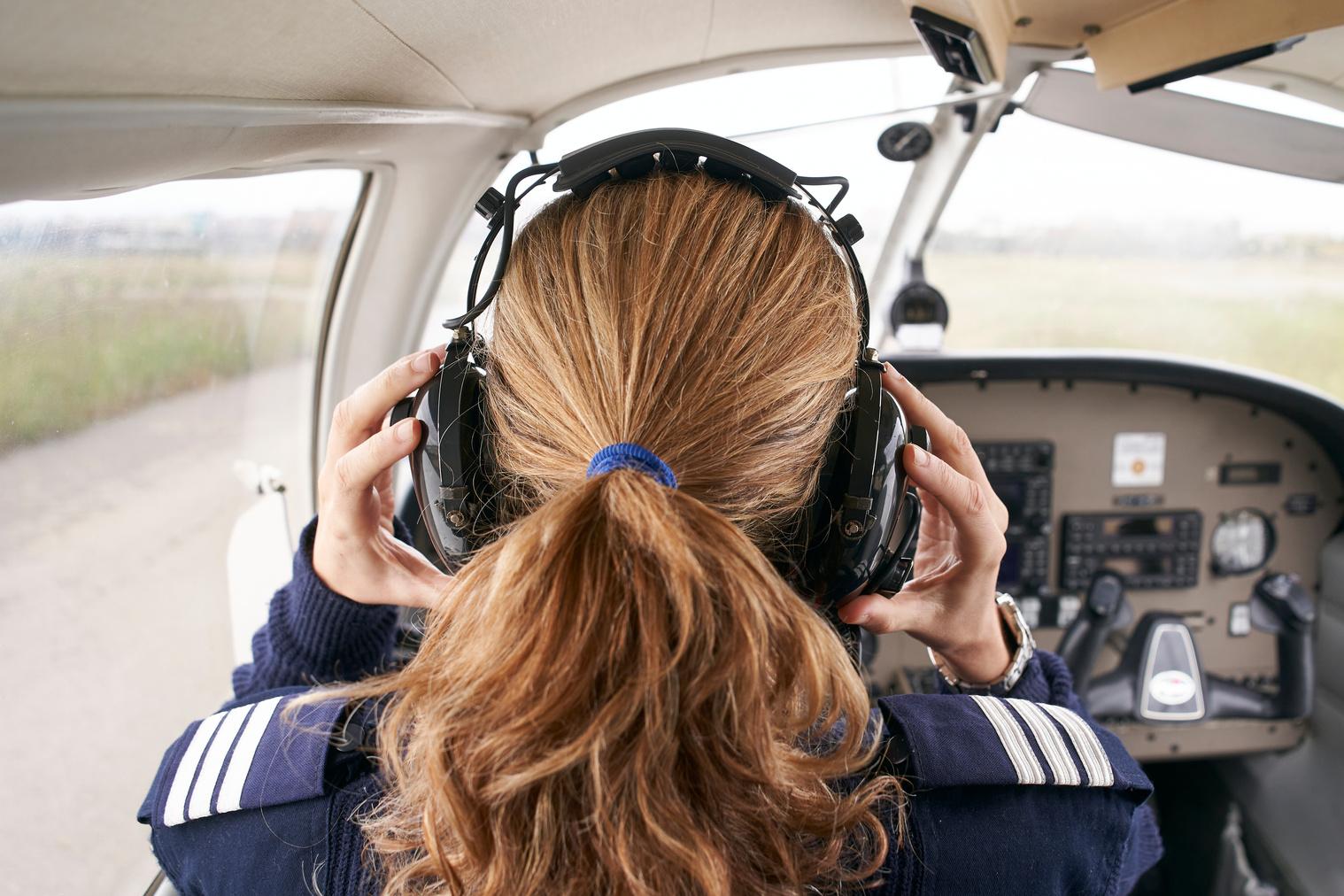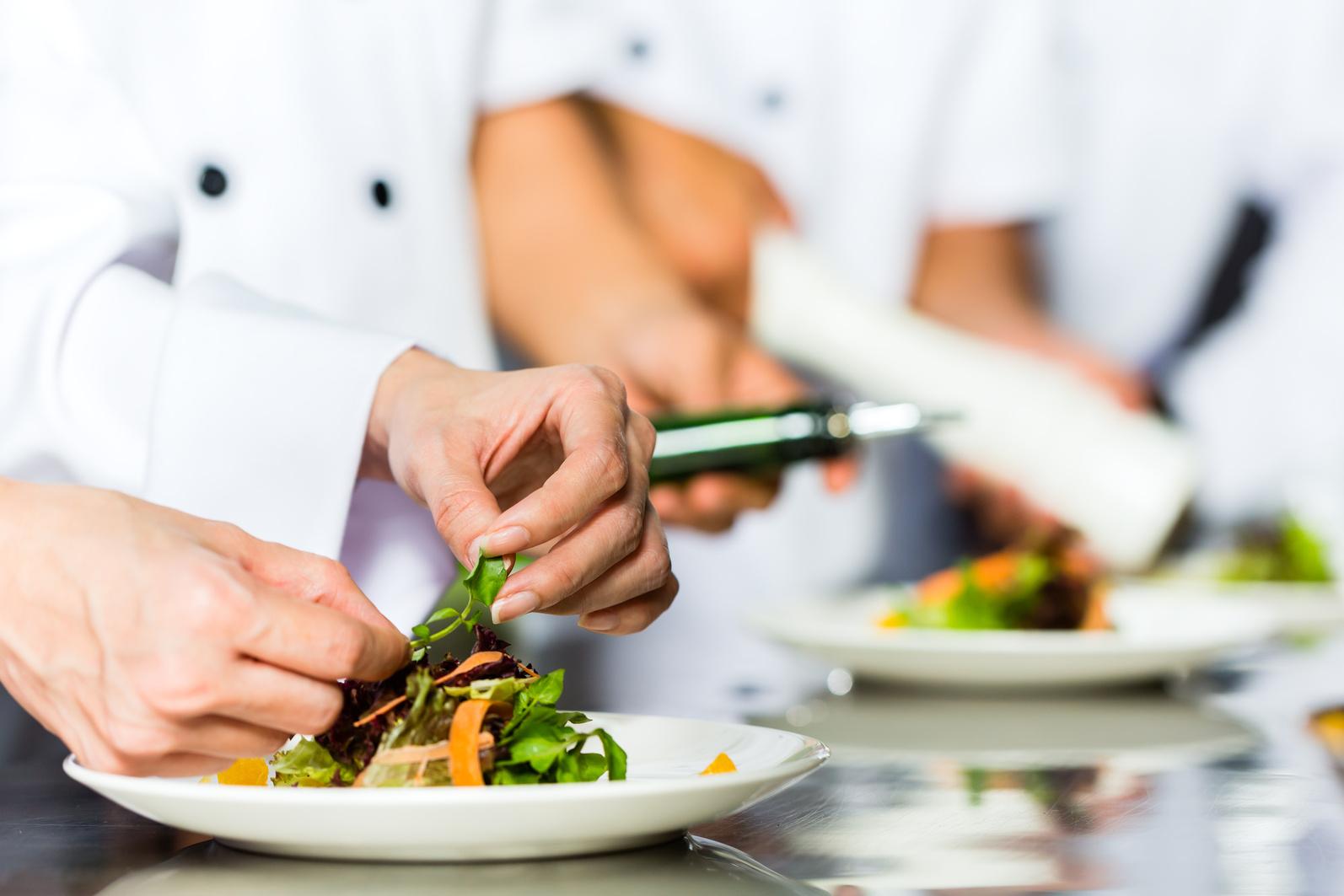
7 minute read
As mulheres na aviação
Ao longo das décadas a mulher tem vindo a ganhar credibilidade, a ser vista como um individuo capaz e de confiança. Com a evolução da perceção da mulher, esta tem vindo a ocupar mais posições de trabalho em vários subsetores do turismo. Assim, englobado na área de Turismo, está a aviação Estima-se que em Portugal, da totalidade de pilotos, apenas 3% a 5% sejam mulheres. À escala mundial a percentagem altera-se, subindo para os 9%. Atualmente, em Portugal existem 2931 pilotos com licenças comerciais, dos quais apenas 123 são mulheres, 55 trabalham na TAP, 11 na EasyJet e as restantes 57 ou acabaram de tirar a licença ou estão a trabalhar na Portugália Airlines, Ryanair, Sata Internacional, Sata Air Açores e White Airways De acordo com a “Internacional Society of Women Airline Pilots”, existem 7409 mulheres piloto no Mundo, o que representa 5,18% dos pilotos das 34 principais empresas aéreas
Em 1928 surgiu a primeira mulher a obter o brevete de piloto em Portugal, Maria Teixeira. Apenas em 1973 surgiu a primeira mulher a pilotar voos comerciais e em 1990 a primeira mulher integrou o quadro de pilotos da TAP É de realçar o facto da TAP ter sido fundada em 1945, e durante 55 anos exigir “situação militar regularizada” dos pilotos, um requisito que eliminava as mulheres. Eva Vaz, pilota formada em Angola, testemunhou em primeira mão a discriminação. Começando logo pelos estudos, Eva conta ter sido gozada pelos seus colegas, todos homens, por ter de sair a meio das aulas para amamentar Relata também sobre a sua experiência a voar a guerra em Cabo Delgado sozinha, arriscando a sua vida da mesma maneira que os seus colegas, no entanto recebendo apenas metade do ordenado
Advertisement
Women in aviation
Over the decades, women have been gaining credibility, being seen as capable and reliable individuals. With the evolution of women's perception, they have been occupying more work positions in various subsectors of tourism. Thus, encompassed in the area of Tourism, is aviation. It is estimated that in Portugal, of all pilots, only 3% to 5% are women. On a world scale, the percentage changes, rising up to 9%. Currently, in Portugal there are 2931 pilots with commercial licenses, of which only 123 are women, 55 work at TAP, 11 at EasyJet and the remaining 57 either have just taken their license or are working at Portugália Airlines, Ryanair, Sata Internacional, Sata Air Açores and White Airways. According to the “International Society of Women Airline Pilots”, there are 7409 female pilots in the world, which represents 5.18% of the pilots of the 34 main airlines.
In 1928, Maria Teixeira was the first woman to obtain a pilot's license in Portugal. Only in 1973 did the first woman fly commercial flights and in 1990 the first woman joined the TAP pilots. It is worth highlighting the fact that TAP was founded in 1945, and for 55 years required pilots to have “regularized military status”, therefore excluding women. Eva Vaz, a pilot trained in Angola, witnessed discrimination firsthand. Starting right away with her studies, Eva says she was mocked by her colleagues, all men, for having to leave in the middle of classes to breastfeed. She also reports on her experience about flying the war in Cabo Delgado all by herself, risking her life in the same way as her colleagues, however receiving only half of their salary. More shocking was when Eva Vaz destes Mais chocante foi quando Eva Vaz pilotava para a linha aérea LAR, Linhas Aéreas Regionais, quando em 1980 um comandante se recusou a voar com ela por ser mulher, fazendo com que ela fosse retirada do voo in 1980m was flying for the LAR airlines, Linhas Aéreas Regionales, a captain refused to fly with her because she was a woman, causing her to be excluded from the flight.
No entanto, muitas mulheres resistiram e serviram de exemplo que motivam cada vez mais mulheres a seguir o sonho em aviação. Para efeitos de ter mais mulheres presentes no mundo da aviação, a TAP lançou a iniciativa 25by2025 com o objetivo de aumentar, nas companhias aéreas membro, o número de mulheres em cargos seniores e em empregos sub-representados O mundo da cozinha Michelin
Apesar de tudo, a aviação não é o único setor onde a mulher tem dificuldade em vingar. No mundo da cozinha Michelin, a mulher tende a ter menos reconhecimento do que o homem Neste momento, em Portugal, contamos com 33 restaurantes com estrelas Michelin, 7 desses com duas estrelas e 26 com uma estrela, nenhum dirigido por uma chef
Nevertheless, many women resisted and served as examples that motivate more and more women to follow their dream in aviation. In order to have more women these days in the world of aviation, TAP launched the 25by2025 initiative with the objective of increasing, in member airlines, the number of women in senior positions and in under-represented jobs.
The world of Michelin cuisine
Despite everything, aviation is not the only sector where women have difficulty in succeeding. In the world of Michelin cuisine, women tend to get less recognition than men. At the moment, in Portugal, we have 33 Michelin star restaurants, 7 of them with two stars and 26 with one star, none run by a female chef, which led us to question why. The truth shows that the woman is singled out, but rarely wins the Michelin mulher, o que nos levou a questionar o porquê. A verdade indica que a mulher é apontada, mas raramente ganha a estrela Michelin É curioso que do ponto de vista tradicional, cozinhar é uma tarefa doméstic feminino tempo na a mulher homem q não cons trabalho assim, se com estre star. It is curious that from the traditional point of view, cooking is a domestic task often associated with the female gender and as a result, women spend more time in the kitchen. However, in the professional ble and it is en tend not work that this was the women in

A chef internacio experiência, tendo trabalhado em restaurantes de estrela Michelin no estrangeiro. No entanto, sente que Portugal a impediu de chegar mais longe. Enquanto que na Europa há mulheres com duas ou até três estrelas Michelin, em Portugal ainda estamos por ter uma. Lúcia Ribeiro defende que a mulher tem mais dificuldades no ramo da cozinha profissional, afirmando que “nesses restaurantes com estrelas, eu era das poucas mulheres na cozinha, e tornava-se um ambiente bastante masculino. Mas o grande problema é que ninguém nos dá o valor devido. Existe uma coisa na cozinha, entre os homens, de se apoiarem uns aos outros, mas, principalmente aqui em Portugal, existe uma falta de apoio às mulheres neste meio. E depois quando estas também querem outras coisas como família, crianças, torna-se muito complicado trabalhar 12 horas por dia com uma família em casa ” a lot of experience, having worked in Michelin star restaurants abroad. However, she feels that Portugal blocked her from going further. While in Europe there are women with two or even three Michelin stars, in Portugal we have yet to have one. Lúcia Ribeiro argues that women have more difficulties in the field of professional cooking, asserting that “in these starred restaurants, I was one of the few women in the kitchen, and it became a very masculine environment. But the big problem is that no one gives us the proper value. There is something in the kitchen, among men, where they care for each other, but, especially here in Portugal, there is a lack of support for women in this environment. And then when they also want other things like family, children, it becomes very complicated to work 12 hours a day with a family at home.”
Um documentário da francesa Vérane Frédiani demonstra as aparentes dificuldades com que a mulher se depara para garantir afirmação num espaço claramente dominado pelo sexo oposto. O impacto do documentário foi tão extenso que deu início a um movimento internacional intitulado #michelintoo
Acreditamos que um dos motivos que contribui para o facto de não existirem restaurantes Michelin em Portugal com uma chef mulher seja o domínio masculino nas cozinhas profissionais Estes acabam por se relacionar em situações fora do expediente e desenvolver laços que acabam por posteriormente contribuir dentro do trabalho. Para além disso, numa indústria com horários tão pesados, não se pode esquecer que a mulher muitas vezes se vê obrigada a abdicar da sua vida profissional ao decidir constituir família. A decisão não se dá apenas à falta de apoio familiar, mas de igual modo ao período de tempo a que são afastadas do trabalho pelas leis do nosso país, o que por sua vez, não acontece aos homens ao tornarem-se pais, considerando-se assim, como já referido anteriormente, o homem o género como mais disponível a longo prazo
Posto isto, para obtermos um ponto de vista em primeira mão de uma mulher que esteve no terreno, foi feita uma entrevista à professora de Técnicas de Comunicação e Storytelling da Escola de Hotelaria e Turismo do Porto, Carla Alexandra Santos, ex-chef de cozinha.
A documentary by demonstrates the apparent difficulties women face in ensuring affirmation in a space clearly dominated by the opposite sex. The impact of the documentary was so extensive that it started an international movement called #michelintoo.
We believe that one of the reasons that contribute to the fact that there are no Michelin restaurants in Portugal with a female chef is due to the male dominance in professional kitchens. Men end up interacting in situations outside working hours and developing ties that end up later contributing within the work. Furthermore, in an industry with such heavy schedules, one can’t forget that women are often forced to give up their professional lives when deciding to start a family. The decision is not only due to the lack of family support, but also due to the period of time that they have to stay away from work considering the labor law of our country, which, in turn, does not happen to men when they become parents and as mentioned earlier, man is the gender most available in the long term.
That said, in order to obtain a first-hand point of view from a woman who was on the ground, we interviewed Carla Alexandra Santos, lecturer of Communication and Storytelling Techniques at the School of Hospitality and Tourism of Porto and also a former chef.






